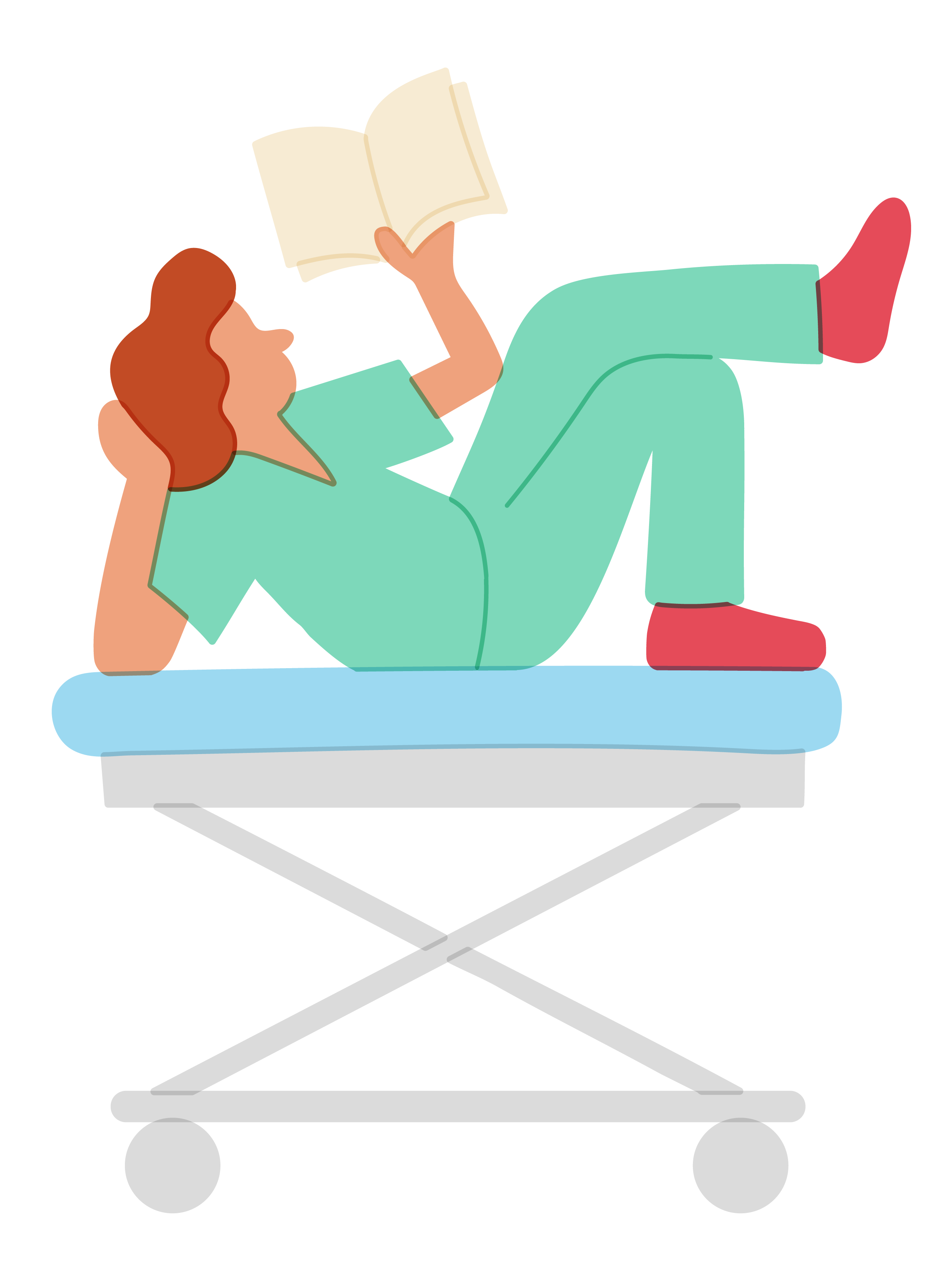A lot of students struggle with the timing aspect of the MCAT: between reading all of the passages and thinking through all of the questions, it’s easy to lose track and start feeling rushed towards the end. If timing is a problem for you, try switching up your technique, particularly for the science passages.
For science passages, start with the questions
Unlike in the verbal section, where all of the answers will come directly from the passage, it isn’t always necessary to go back and get passage information to get through the science sections on the MCAT. So instead of reading the entire passage first, word for word, and then going through the questions, try taking a look at the questions first.
As you go through the questions, take the following steps:
First Pass: answer whatever you can!
Usually, about a third of the questions from a passage can be answered right away, without any passage information. Answer those on your first pass through. For the others, underline or highlight the key points in the question -- this will help you keep an eye out for specific information when you read the passage.
Read the Passage
After skimming all of the questions, then go back and read the passage. Keep an eye out specifically for the words and concepts that you highlighted in the questions; mark where they are in the passage in case you need to go back.
Second Pass: answer the rest and check for details
After you’ve finished reading, go back to the questions and answer the remaining ones. At this point, you should have a pretty clear idea about where the information is located in the passage, and be able to connect the question stem to the passage. If the question refers to a specific line or paragraph in the text, reread that and perhaps the line above and below it to refresh the context in your mind.
On some questions, you might have a hunch, but just need some additional context to figure out what they are asking. If you feel that reading the passage gave you the background necessary to answer the question, then go ahead and pick an answer. If you still need some clarification between answer choices, you can go back to the spots you marked in the passage that are related to these questions.
Double-check your answers!
After you have gotten through all of the questions, make sure to return to the questions you answered initially to see whether the passage changed anything about your answer. It’s possible that the context of the passage gave the question a different spin, so you definitely want to make sure to double-check those.
By looking at the questions first, and reading for the specific, relevant information, you won’t waste time reading every word and then having to go back and search for the information you need. Hopefully, this will help you cut out some time and feel more comfortable finding the information you really need.


Comments